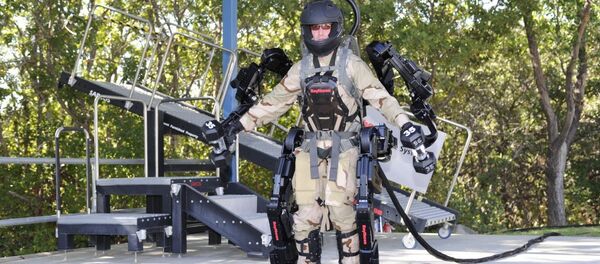"This is, to our knowledge, the first demonstration of bona fide magnetic control of the nervous system," stated the experiment's leader, biomedical scientist Ali Güler at the University of Virginia.
Since the beginning of time, people have tried to control the human brain. An uncounted number of experiments, using light signals, drugs and any number of arcana have not provided positive results. But magnets have been shown to instantly interact with a brain that has been given special proteins.
Using genetic tweaks, a hybrid protein, called Magneto, was inserted into mice brains and the magnetic fields in the cells proved to be responsive to external magnets.
As the method was shown to affect living animals' brains, Güler and colleagues believe they could continue development, increasing sensitivity to magnetic fields in specific neural circuits. These improvements "will position the field to better understand neural development, function and pathology," the authors said.


